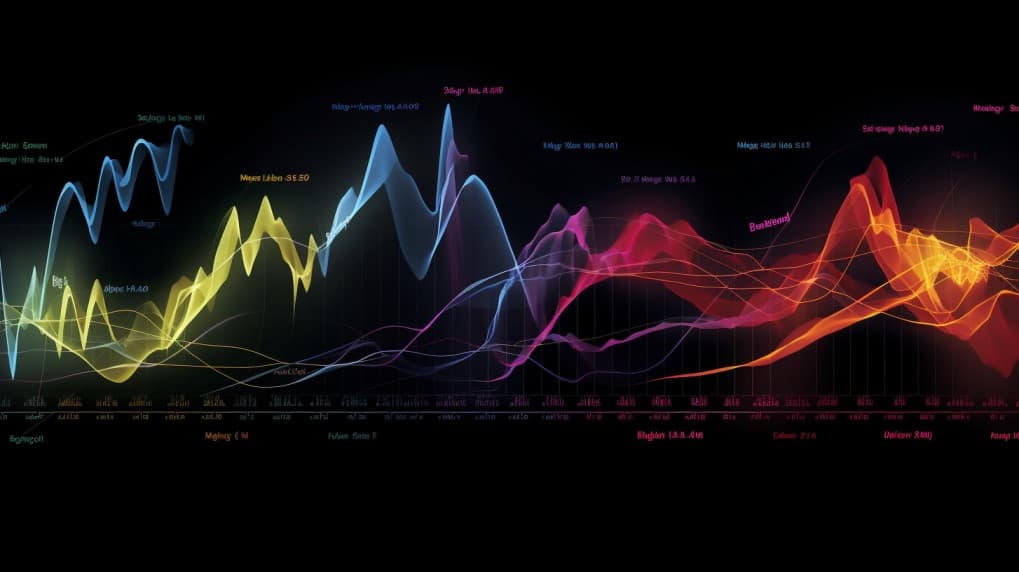
FXA VS FXE
The financial world is replete with a myriad of instruments and products designed to help investors capitalize on various opportunities. Two of the more popular instruments are the FXA and FXE. But what sets them apart? In this deep dive, we will analyze the core differences between FXA and FXE, looking at their sectors, capitalization strategies, tracking methods, and exposure levels.
FXA VS FXE: Sectors and Top Holdings
At the core, FXA and FXE represent different currency exposures. FXA is the ticker for the Invesco CurrencyShares Australian Dollar Trust. This ETF is designed to track the price of the Australian dollar relative to the US dollar. Investors who are bullish on the Australian economy or believe that the AUD will appreciate against the USD would be more inclined to look towards FXA.
On the other hand, FXE is the Invesco CurrencyShares Euro Currency Trust, designed to reflect the price of the euro relative to the US dollar. Those who are optimistic about the European Union's economic prospects or expect the euro to appreciate against the USD might find FXE to be a more fitting investment.
 FXA overlap FXA VS FXE
FXA overlap FXA VS FXE
FXA VS FXE: Capitalization strategy
Both FXA and FXE utilize a full replication strategy when it comes to capitalization. This means they both aim to fully replicate the performance of their respective underlying currencies by holding them in deposit accounts. They do not employ a sampling strategy, which is where only a subset of the components would be held, rather they fully hold the respective currencies.
This capitalization strategy is fundamental to their appeal. Investors get direct exposure to the currency movements of either the Australian dollar or the Euro against the US dollar. As such, FXA and FXE can be used as hedging tools against currency risks or as speculative instruments depending on an investor’s strategy and outlook.
FXA VS FXE: Tracking and Exposure
While both FXA and FXE aim to provide exposure to their respective currencies, their tracking mechanisms and the extent of exposure they provide can differ.
FXA, by tracking the Australian dollar, exposes investors to the economic and political conditions of Australia. Elements like interest rate decisions by the Reserve Bank of Australia, trade balances, commodity prices, and even geopolitical issues can influence the valuation of the Australian dollar, and consequently, the performance of FXA.
FXE, tracking the euro, offers exposure to a more complex array of factors. The Eurozone consists of multiple member countries, each with its own set of economic conditions. Therefore, FXE investors are indirectly exposed to economic data, political events, and monetary policy decisions from various countries within the Eurozone. The European Central Bank's decisions on interest rates or monetary stimulus, for instance, can have a pronounced effect on the value of the euro and subsequently, FXE.
Conclusion
In the realm of finance, understanding the tools at your disposal is paramount to making informed decisions. When comparing FXA and FXE, investors should be aware that they are diving into the deep waters of currency trading. While both ETFs offer direct exposure to their respective currencies, the factors influencing them can be wide-ranging.
Choosing between FXA and FXE largely depends on an investor's outlook on the Australian and Eurozone economies and their respective monetary policies. It's also crucial to consider the inherent risks associated with currency fluctuations, geopolitical events, and the overarching global economic landscape.
Remember, in the world of investments, knowledge is power. By understanding the nuances of FXA vs FXE, you equip yourself with the information needed to navigate the complex waves of currency trading.
Sources
- Invesco CurrencyShares Australian Dollar Trust Overview
- Invesco CurrencyShares Euro Currency Trust Overview
- Reserve Bank of Australia - Monetary Policy Decisions
- European Central Bank - Monetary Policy Decisions
FXA ETF issuer
FXA ETF official page